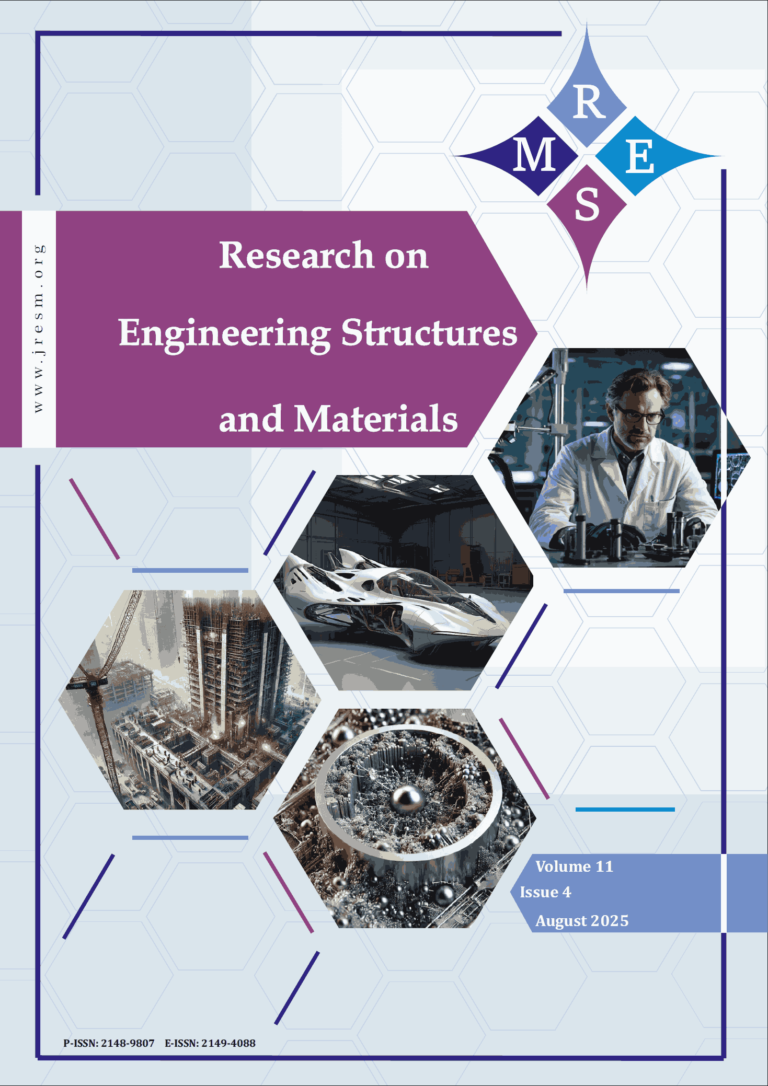The limitation of using a high volume of fibers in concrete can be addressed with Slurry Infiltrated Fibrous Concrete (SIFCON), a high-performance fiber-reinforced concrete made by placing fibers in a mold and infiltrating them with cement slurry. Typically, commercially available steel fibers of various shapes and sizes are used in the production of SIFCON. This study explores the use of steel fibers extracted from scrap tires as a sustainable alternative to reduce energy consumption in fiber production. Compressive and split tensile strengths of SIFCON with 4% to 7% scrap tire steel fibers were tested and compared to SIFCON made with same volumes of commercially available steel fibers. The M20 design concrete mix and SIFCON slurry were prepared as reference mixes. Compressive and split tensile strengths of SIFCON and M20 concrete were tested using 100 mm and 150 mm cubes, and cylinders of 100×200 mm and 150×300 mm. Results showed that SIFCON with scrap tire fibers achieved about 80% of the compressive and 35% of the split tensile strength of SIFCON with commercial fibers, both significantly outperforming the reference mixes. Advanced techniques, like XRD and SEM were used to analyze SIFCON’s internal structure, revealing details about its phase composition, morphology, and microstructure. Specimens were examined and compared to reference mixes, revealing a similar hydration phase in SIFCON. Experimental results show that randomly dispersed steel fibers from scrap tires and commercial sources enhance SIFCON’s mechanical properties, making them suitable for its production.
